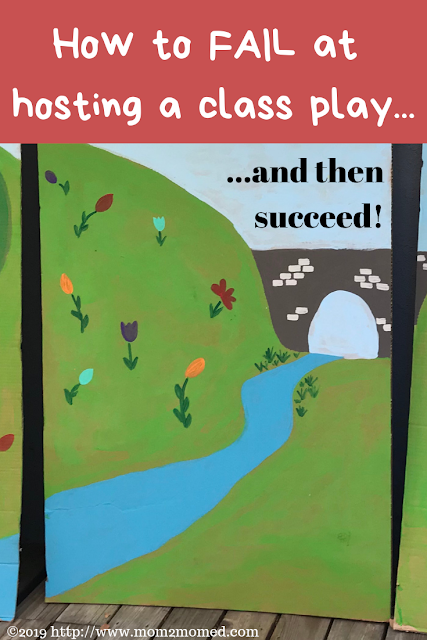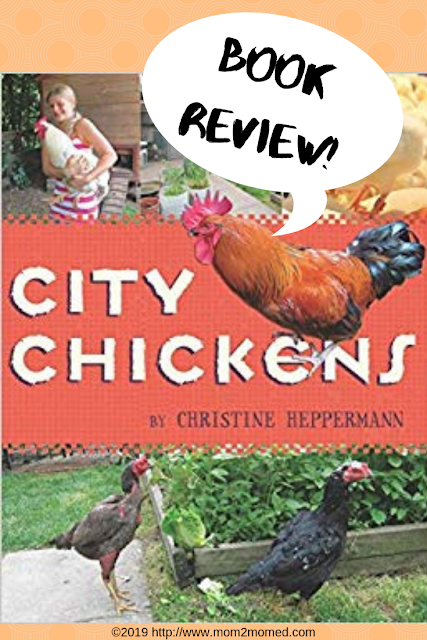I love it when I have my life in order.
When my house is clean...
My laundry is on point..
The dishes are done.
Add in time to light a favorite candle and relax in an atmosphere of calm and order and you're speaking my love language.
What I don't love is that those put together moments of downtime and calm are are few and far between. And, I hate having to admit to myself that such a lifestyle isn't my reality right now.
My family just finished a season of youth soccer with not one, but two kids playing on separate teams. The season started before school even began this year. What did that mean for me as a mom? Four practices per week and two games per weekend. Once school began? Well, add in homework and other school-related activities and extra-curriculars for my kids, plus a class I'm attending every Thursday, and all of the other normal day-to-day stuff that makes up family life -- all that stuff that doesn't stop or even go on pause, no matter how desperately you may want it to.
I have to take a moment here to say, thank goodness for my husband! Not only is a great dad in his own right, but he also volunteers as coach to one of my kids' soccer teams. I think he's a keeper!
Finally, soccer season came to an end and I could relish in the calm, right?
Wrong!
Nope. We had one real week of what I consider "normal" life with zero practices. Zero games. Zero extra-curricular activities. Glorious, right?
Well, it was...briefly.
After this one week of calm, my husband left for a much deserved hunting trip out of state and I was home alone with the kids. You'd think by now, I'd have it dialed in as a mom? Right?
Nope. Again, wrong.
During the week without my husband, let's just say my parenting and being a responsible adult human skills all left a bit to be desired...
Life wasn't giving me a break and I still had normal life, a house, laundry and dishes, a dog and two cats, and two kids to take care of. Not to mention, my job as a teacher which actually takes a lot of time outside the classroom too.
I'm a planner though and love a good to do list and schedule.
I started out strong. I washed clothes and towels as we used them, prepared semi-balanced meals, and gave tons of snuggles while reading with my kids before bedtime. Fast forward to day five...
I was on the struggle bus as a mom, and the kids may have been veering towards feral. One night was "snack night" for dinner and the next night was popcorn and chips. And, don't tell my husband, but I may have let the kids have soda too. Parenting without your partner counts as a special occasion, right?
Right?
I'm going to pretend that I didn't see my daughter pack up a bag of Halloween candy and haul it off to her room. And, I'm going to pretend that when she returned, chewing something, and I asked if she had breakfast, she said, "Yes" and I didn't even argue. A Snickers bar and mini-pack of Whoppers has some nutrition in it.
Right? Some?
I let the kids watch too much television while I zoned out on my phone. I ignored crumbs on the coffee table and let our giant of a dog take over as a four legged vacuum. I drank my weight in coffee and probably gave myself and ulcer in the process.
That said...
I wasn't totally unproductive or completely oblivious.
I did purge four big bags of junk from my daughter's bedroom and threw away a disgustingly dirty rug. Yet, I still gave up mid-project in almost every room I entered despite my best intentions, and I went to bed with clean laundry covering the couch.
But, by Saturday night, I was tired and let my 8 year old stay up late so long as he put himself to bed while I lay on my own bed watching something cringe-worthy on TV. By this point, I was starting to feel like a pretty bad mom. I hadn't fed my kids a truly nutritious meal in several days. I gave up on reading to and with them a few days into our week without their dad, and I chose to accept it when they said they'd done responsible things on their own.
I had been counting down the days until my husband would be home, and after a night of extreme mom guilt, I got up, made a cup of coffee, and snuggled with my children on the couch.
I felt so bad that I even apologized, saying, "I'm sorry I didn't make many good dinners this week and let you watch too much TV. I'm definitely not winning the mom award this week.
Without missing a beat, my kids replied, "Mom, this was the best week! It was so fun and special! I hope we can have snack for dinner again! You're the best mom!"
WOW!
That stopped me in my tracks!
While I'd been feeling like a complete failure as a mom, my kids thought I was rocking the whole mom thing.
While I was feeling guilty over poor meal choices and not enforcing boundaries, my kids thought I was giving them special treats and allowing them extra fun!
It was a good reminder that my kids don't need a "perfect" mom and really just want me to be with them and share some fun, love, and laughter.
On reflection, that's exactly what I gave them. We did snuggle and hang out together. WE laughed a lot. We jumped in leaves. We had a persimmon stand (think lemonade stand but with persimmons!). We swaddled our kittens, ate tons of popcorn, and walked our enormous dog. We were together, and that's what mattered most.
Moms (and dads and guardians), let's remember that when we are in "hot mess" mode, we are still rocking for our kids. They have no idea that we look or feel like a disaster. They don't care if laundry and dishes pile up. The only care that we are together, making memories, being ourselves, and enjoying our time together.
So, tonight, I'm going to bed and giving myself a little more grace. My husband is home now and our family feels complete again, but I'll never forget the memories made during this past week. I was enough for my kids, even if I wasn't enough for myself.
Moms, dads, and guardians, give yourselves a break too. Especially if you are going it alone without a partner. Remember that your kids really just want you to be with them and to be building memories together. they don't care if your house is a mess or what chores you failed to complete.
I'm going to leave the dishes for another day and just snuggle my little ones tonight and know that I am enough for now.
When was the last time you felt like a hot mess? How do you think your kids viewed you? Leave us a comment and let us know!

















